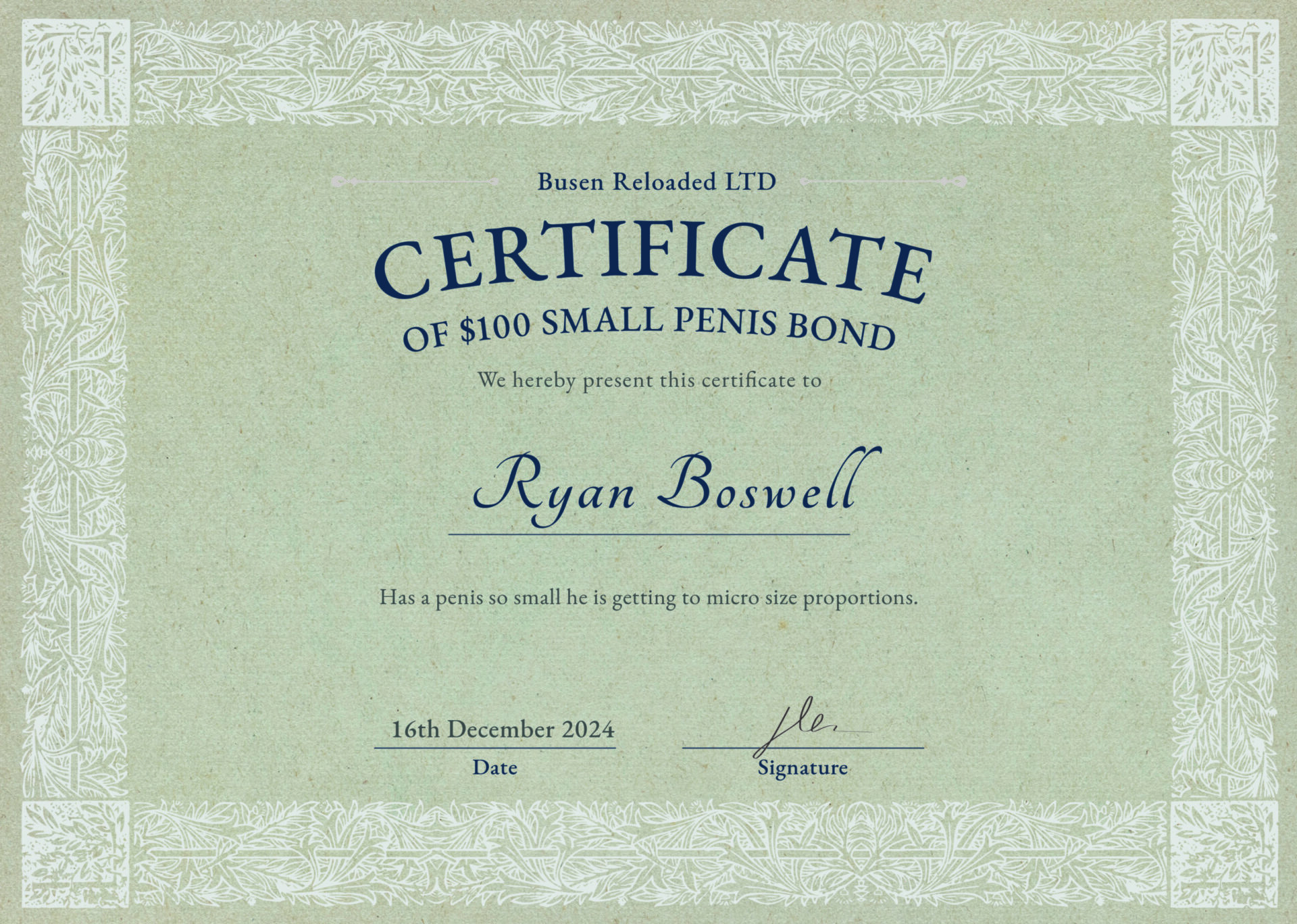📜

1. Consent Is Non-Negotiable
- All participants must give informed, enthusiastic consent.
- Discuss boundaries, triggers, and safe words beforehand.
- SPH can touch deep insecurities—never assume someone is “okay with it” without explicit agreement.
2. Establish Clear Limits
- Define what kind of language, scenarios, or intensity is acceptable.
- Some people enjoy playful teasing; others may want more intense degradation. Tailor accordingly.
3. Use Safe Words or Signals
- Always have a safe word or gesture to pause or stop the scene.
- This ensures emotional and psychological safety, especially in scenes that push sensitive boundaries.
4. Understand the Psychology Behind It
- SPH often plays on societal ideas of masculinity and worth tied to penis size.
- It can be cathartic, arousing, or affirming for some—but damaging if mishandled.
- Be aware of the emotional weight this kind of play can carry.
5. Aftercare Is Essential
- After a scene, provide emotional support, reassurance, and space to decompress.
- Humiliation play can stir up unexpected feelings—aftercare helps restore balance.
6. Avoid Public or Non-Consensual Exposure
- SPH should never be performed in public or shared without consent.
- Privacy and discretion are key to maintaining trust and safety.
7. Don’t Confuse Fantasy with Reality
- SPH is a roleplay dynamic—not a reflection of actual worth or value.
- Keep the distinction clear, especially if self-esteem issues are present.







